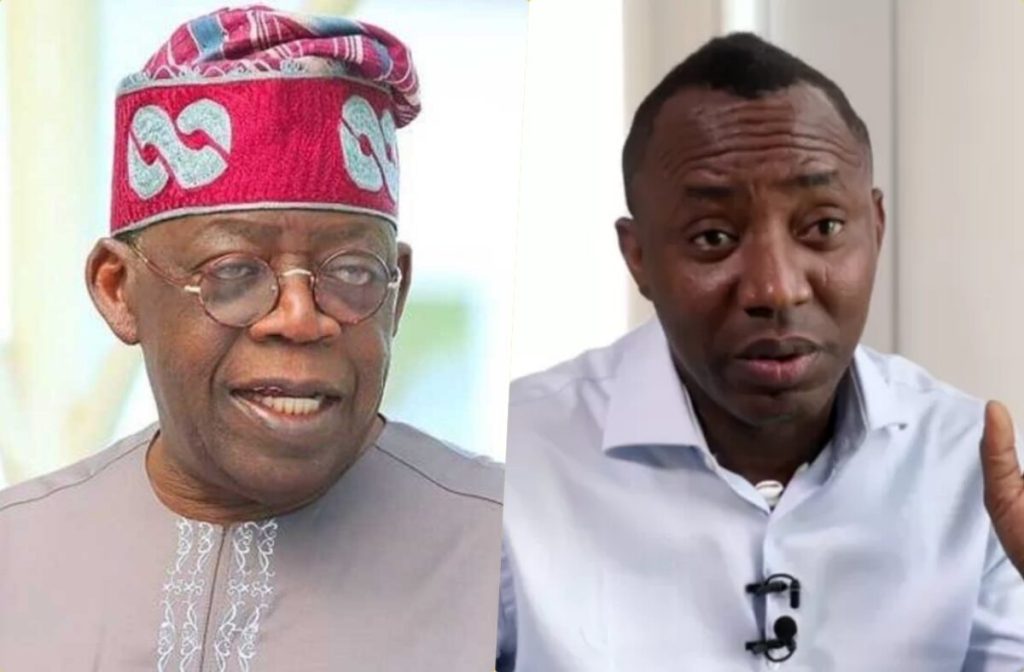The Socio-Economic Rights and Accountability Project (SERAP) and Amnesty International (AI) have called on President Bola Tinubu to order the immediate withdrawal of charges against activist Omoyele Sowore and the owners of X and Facebook.
The charges, which include cybercrimes and defamation, were filed in response to Sowore’s critical posts about the president on social media.
In a letter dated September 20, 2025, the groups also urged Tinubu to direct security agencies, including the Department of State Services (DSS), to stop using legal processes to silence dissent.
READ ALSO: FG drags Sowore to court over criminal post against Tinubu on Facebook, X
They argue that these actions, known as Strategic Lawsuits Against Public Participation (SLAPPs), are a misuse of the judicial system and violate the constitutional rights of Nigerians.
SERAP and Amnesty International also asked the president to instruct the Attorney General of the Federation, Lateef Fagbemi, to draft an anti-SLAPP law for the National Assembly.
“Such legislation would protect citizens from the weaponisation of the justice system by security agencies”, they said.
The human rights organisations stated that the use of SLAPPs and criminal defamation is inconsistent with Nigeria’s constitution and its international human rights obligations.
They noted that these lawsuits have a “chilling effect” on freedom of expression and the free flow of information.
The groups highlighted that a lawsuit challenging the legality of the Cybercrime (Prohibition, Prevention, etc.) (Amendment) Act 2024 is currently pending before the ECOWAS Court, and therefore, the law should not be used to prosecute individuals for peaceful dissent.
The letter cited several recent cases as examples of what they call the growing use of SLAPP lawsuits by security agencies. These include:
Omoyele Sowore, who faces charges under the Cybercrimes Act and the Criminal Code Act after allegedly refusing to delete posts critical of President Tinubu.
“Professor Pat Utomi, a former presidential candidate, was sued by the DSS in May 2025 for allegedly attempting to usurp the president’s powers by setting up a “shadow government.”
“SERAP itself was sued by the DSS in October 2024 over allegations of an unauthorised office invasion.”
The groups referenced a 2022 ECOWAS Court ruling that ordered Nigerian authorities to stop using a previous section of the Cybercrime Act to prosecute people for online insults against public officials.
READ ALSO: SERAP demands Senate reinstate Natasha after suspension lapses
While the 2024 amendment repealed that section, the organisations are concerned that the new provisions remain “arbitrary, vague and repressive.”
They called for the decriminalisation of defamation, in line with international human rights standards.



